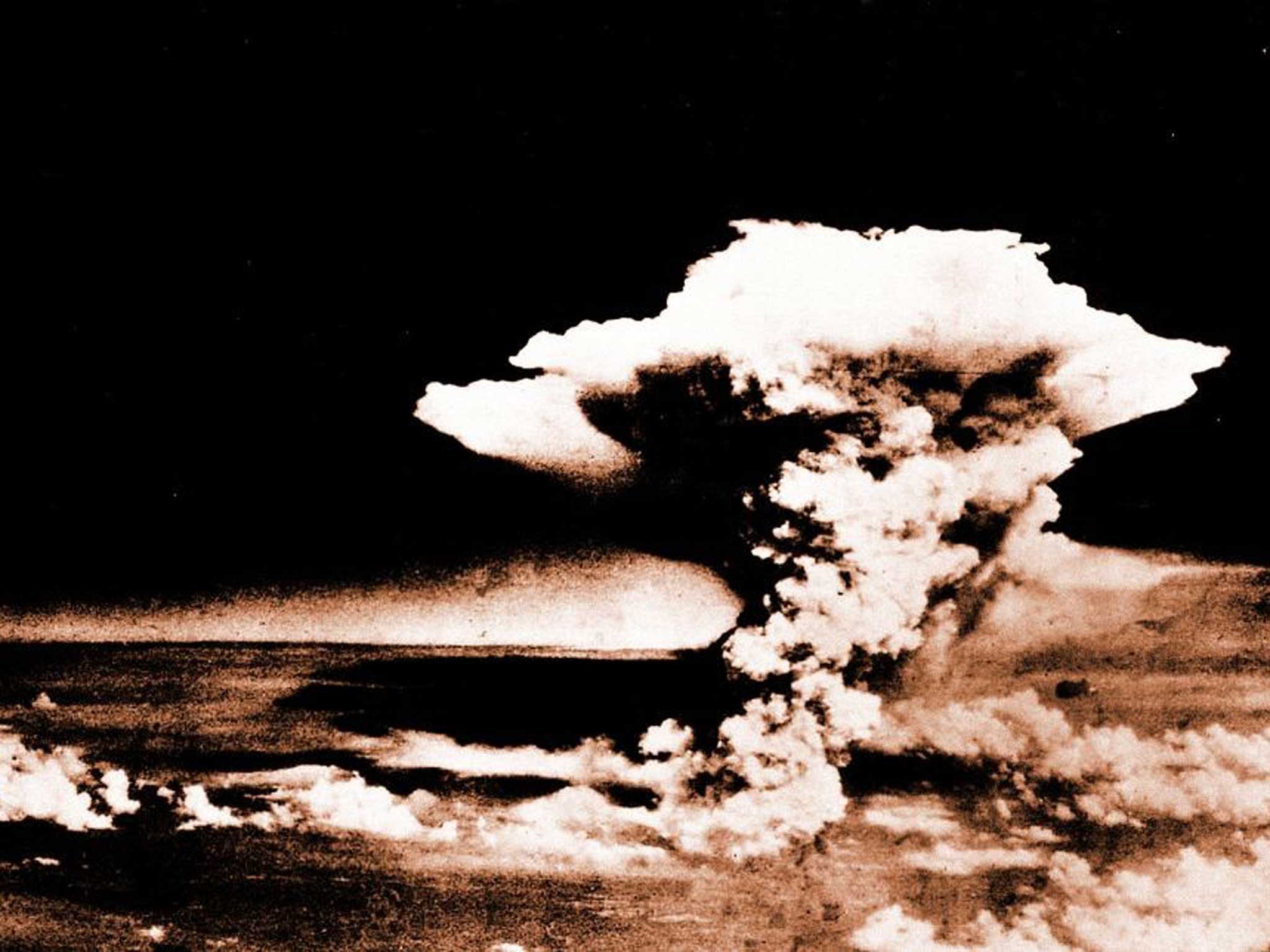As we remember the atrocities of the 20th century, we must change the way we think about violence
Defining rape for example as a weapon of war has allowed us to relate what appears to be personal incidents to widespread systematic abuse


Your support helps us to tell the story
From reproductive rights to climate change to Big Tech, The Independent is on the ground when the story is developing. Whether it's investigating the financials of Elon Musk's pro-Trump PAC or producing our latest documentary, 'The A Word', which shines a light on the American women fighting for reproductive rights, we know how important it is to parse out the facts from the messaging.
At such a critical moment in US history, we need reporters on the ground. Your donation allows us to keep sending journalists to speak to both sides of the story.
The Independent is trusted by Americans across the entire political spectrum. And unlike many other quality news outlets, we choose not to lock Americans out of our reporting and analysis with paywalls. We believe quality journalism should be available to everyone, paid for by those who can afford it.
Your support makes all the difference.Mass violence is poorly understood if it simply refers to casualties on battlefields or continues to be framed through conventional notions of warfare. We need to interrogate the multiple ways in which entire populations are rendered disposable on a daily basis if we are to take seriously the meaning of global citizenship in the 21st Century.
The next few years provides us with a timely opportunity for serious reflection. As we begin memorializing the “ Century of Violence”, including the 20th anniversary of the Rwandan genocide, the Centenary of World War I, the 70th anniversaries of the bombings of Hiroshima & Nagasaki, and the 40th anniversary of the “killing fields” in Cambodia, confronting the suffering of the past will become part of contemporary debate.
While there is no doubt a need to collectively memorialize these traumatic and horrifying world events, it is not sufficient to simply use this as an opportunity to claim that we now live in more secure and peaceful times.
A number of authors like Steven Pinker have us believe that the mass violence is on the decline due to the expansion of liberal zones of influence and pacification. This all rests on points of definition. While it might be possible to offer an account of more peaceful times by reducing our analysis to questions of violence between States or ideology, such accounts fly in the face of the lived realities of many of the world’s citizens.
What we need is a sober and honest reflection on the memory of violence so that we are better equipped to understand its more subtle and sinister qualities.
Although our understanding of war and violence has been altered over the past few decades, rightly accounting for the daily insecurities people face in zones of instability and crises, our analysis still remains largely tied to rather tired 20 Century political categories that oscillate between authoritarian and failing states, ethnic tensions or the problem of insurgencies. We need a new vocabulary if we are to interrogate its novel and contemporary forms.
A different angle of vision is required. Defining rape for example as a weapon of war has allowed us to relate what appears to be personal incidents to widespread systematic abuse. And yet such methods are selectively applied in ways that appear all too convenient to the political fortunes of liberal societies.
Even in terms of conventional warfare, we seem incapable of connecting individual deaths with broader questions of mass violence and policies of systematic abuse. In the five years of the Obama drone policy for instance, we are nearing comparable figures to the horrors of September 112001. Even if we accept that a significant number of these are suspected militants, the policy of assassination denies us any recourse to verifiable modes of justice. And how many innocents are to die before this violence is explained in comparative terms?
This says nothing to the broader questions of endemic gun crime, or the mass incarceration of people of colour in the United States that is numerically comparable to forced imprisonment witnessed during the global slave trade. Neither does it talk to the socially engineered conditions of extreme poverty and inescapable despair so commonplace throughout the world.
As we therefore set about the process of memorialization, it is also imperative that we start to question whether aspects of our contemporary societies that make it possible to think and act in ways that render specific people disposable? How can we use these historical moments and the legacies of atrocity to begin meaningful debate on the state of the world today?
This requires open dialogue between public figures, academics, artists and creative visionaries, NGO’s, activists, along with religious and community leaders regardless of political affiliation. Only then might we start to think seriously about the meaning of global citizenship, peaceful cohabitation, our shared responsibilities, and what it means to live a dignified existence.
The Histories of Violence project is attempting to contribute to just such a debate by inviting some of the world's foremost thinkers and artists to reflect critically on the theme of disposable life, starting today with the celebrated feminist scholar Cynthia Enloe. This project is not trying to establish the definitive truth about mass violence, but instead it aspires to open discussion by challenging conventional narratives, while offering new critical thinking on a problem that continues to challenge our humanitarian credentials.
Visit historiesofviolence.com for clips and more on the project
Join our commenting forum
Join thought-provoking conversations, follow other Independent readers and see their replies
Comments